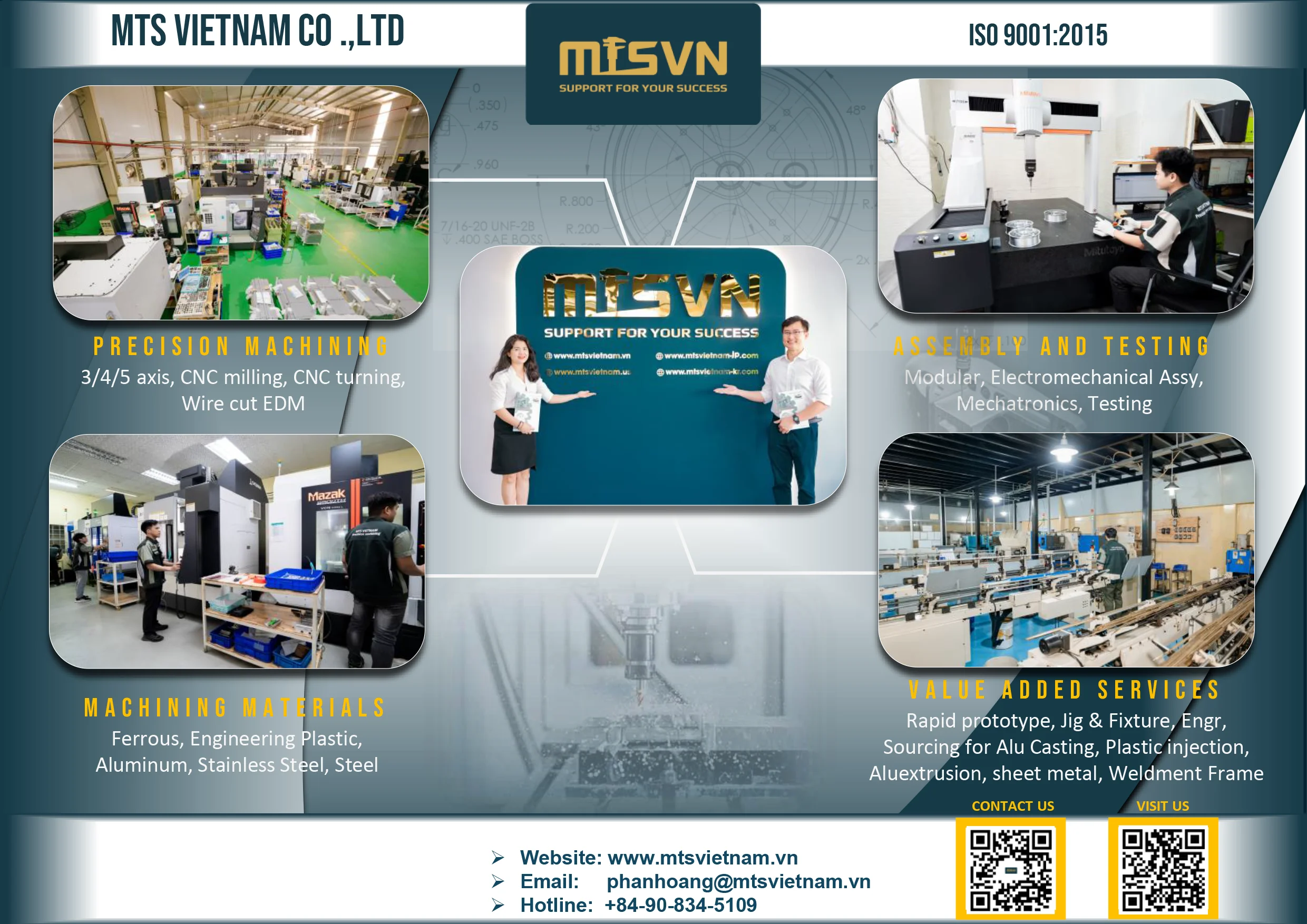Automated assembly lines represent a cornerstone of modern manufacturing, enabling the mass production of goods with unprecedented efficiency, consistency, and quality. This transformative technology has evolved significantly since its inception, reshaping industries and economies around the world.
The Genesis of Automation in Manufacturing
The concept of the assembly line itself predates automation, with the early 20th-century automotive industry, notably through Henry Ford's pioneering work, setting the stage for mass production. Ford's assembly line significantly reduced the time and cost of vehicle production, making automobiles affordable to a broader public. However, these early assembly lines were primarily manual, relying heavily on human labor for the execution of repetitive tasks.
Transition to Automation
The transition from manual to automated assembly lines began in earnest in the mid-20th century, driven by advances in electronics, control systems, and robotics. The development of programmable logic controllers (PLCs) in the 1960s marked a significant milestone, allowing machines to perform complex sequences of operations with high precision and minimal human intervention.
The Role of Robotics
Robotics has played a pivotal role in the evolution of automated assembly lines. The introduction of industrial robots, capable of performing tasks such as welding, painting, and component placement with high precision, has significantly increased the scope and efficiency of automation. Today's robotic systems are highly flexible and can be reprogrammed for different tasks, making them invaluable across various sectors of manufacturing.
Advancements in Technology
The advent of computer-aided design (CAD) and computer-aided manufacturing (CAM) software has further streamlined the production process, enabling the design and modification of products and their components with a high degree of accuracy. Additionally, technologies such as machine vision and artificial intelligence (AI) have enhanced the capabilities of automated assembly lines, allowing for real-time quality control and adaptive manufacturing processes.
Impact on Industries
Automated assembly lines have had a profound impact across multiple industries. In the automotive sector, they have enabled the production of vehicles with higher precision and lower costs. In electronics manufacturing, automation is crucial for assembling the small, complex components that power today's devices. The aerospace, pharmaceutical, and food and beverage industries, among others, have also greatly benefited from the efficiencies and capabilities provided by automation.
Challenges and Opportunities
Despite the numerous advantages, the shift towards fully automated assembly lines presents challenges, including significant upfront costs, the need for skilled technicians to maintain and program robotic systems, and the ongoing need to ensure the safety of human workers in increasingly automated environments. However, the potential benefits, including increased productivity, higher product quality, and the ability to quickly adapt to changing market demands, continue to drive innovation and investment in automated assembly technology.
The Future of Automated Assembly
Looking ahead, the future of automated assembly lines is poised for further transformation, driven by advances in AI, machine learning, and the Internet of Things (IoT). These technologies promise to enhance the flexibility, efficiency, and intelligence of assembly systems, enabling even more complex and customized manufacturing processes.
As automation technology continues to evolve, the potential for automated assembly lines to reshape manufacturing landscapes remains immense. By continually pushing the boundaries of what is possible in production, automated assembly lines stand as a testament to human ingenuity and the relentless pursuit of progress in industrial manufacturing.
MTS Vietnam is a prominent company specializing in precision mechanical components fabrication. Established in 2017, it has quickly become a reputable name in the Vietnamese and Southeast Asian markets. The company's expertise lies in CNC milling and turning parts made from a variety of materials, including Aluminum, Steel, Stainless, POM, and other engineering plastics. MTS Vietnam is dedicated to supporting the success of its customers and strives to be a leading company in the field of precision mechanical processing both in Vietnam and internationally.
In addition to its fabrication services, MTS Vietnam offers assembly services for components and machines, as well as CNC program services. This comprehensive range of services is aimed at providing optimal solutions and benefits to its customers through the company's ecosystem and strengths. MTS Vietnam emphasizes the importance of investing in new technology and quality control equipment to ensure that it can deliver merchandise at competitive prices and within the required deadlines.
WORKSHOP: 248/10 ĐT743A Street, Binh Thung 1 Quarter, Dong Hoa Ward, Ho Chi Minh City, Vietnam
Tel/zalo/viber: 0908.345.109
Email: phanhoang@mtsvietnam.vn | info@mtsvietnam.vn
Website: www.mtsvietnam.vn (Global Market) | www.mtsvietnam-jp.com (日本)
For USA Sales, please contact MTS USA at:
Tel/zalo/viber: 978-777-1716
Email: sales@mts-usasales.com
Website: www.mtsvietnam.us (US Market)







